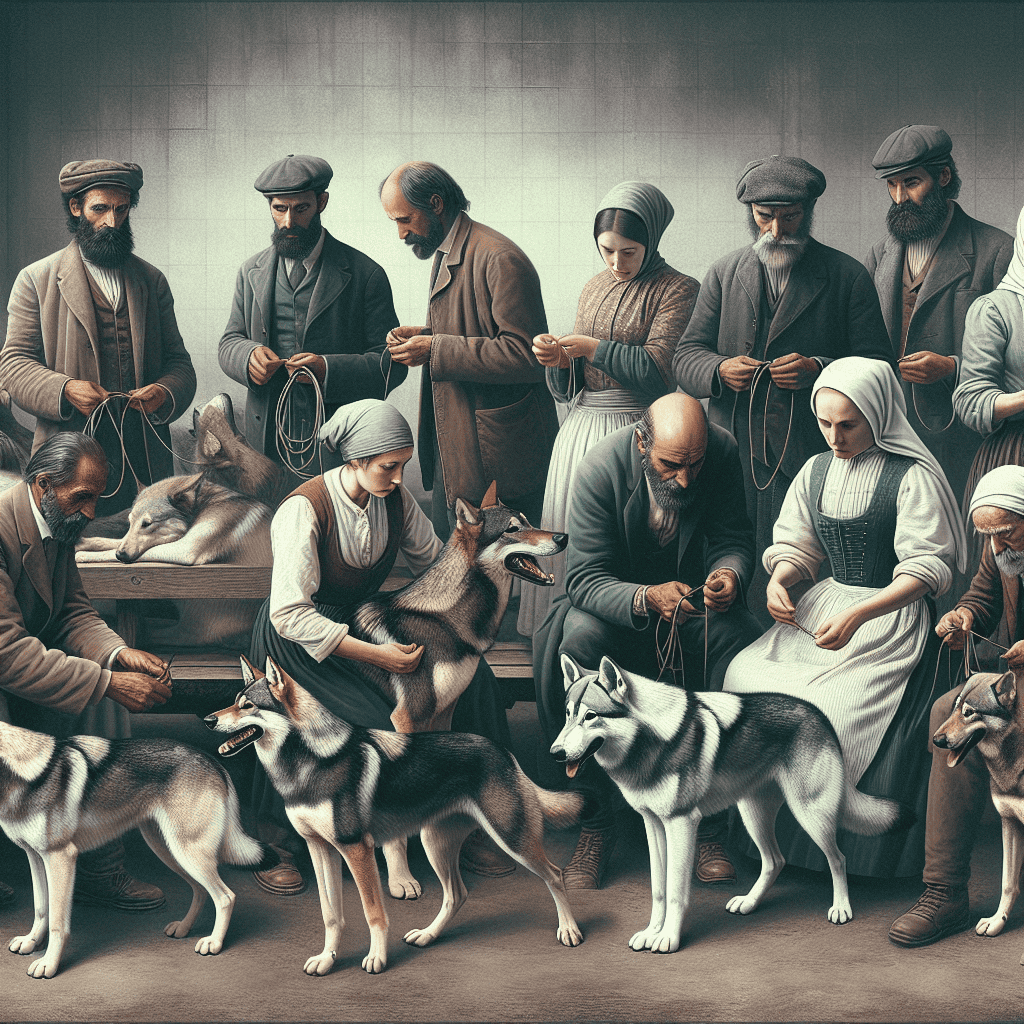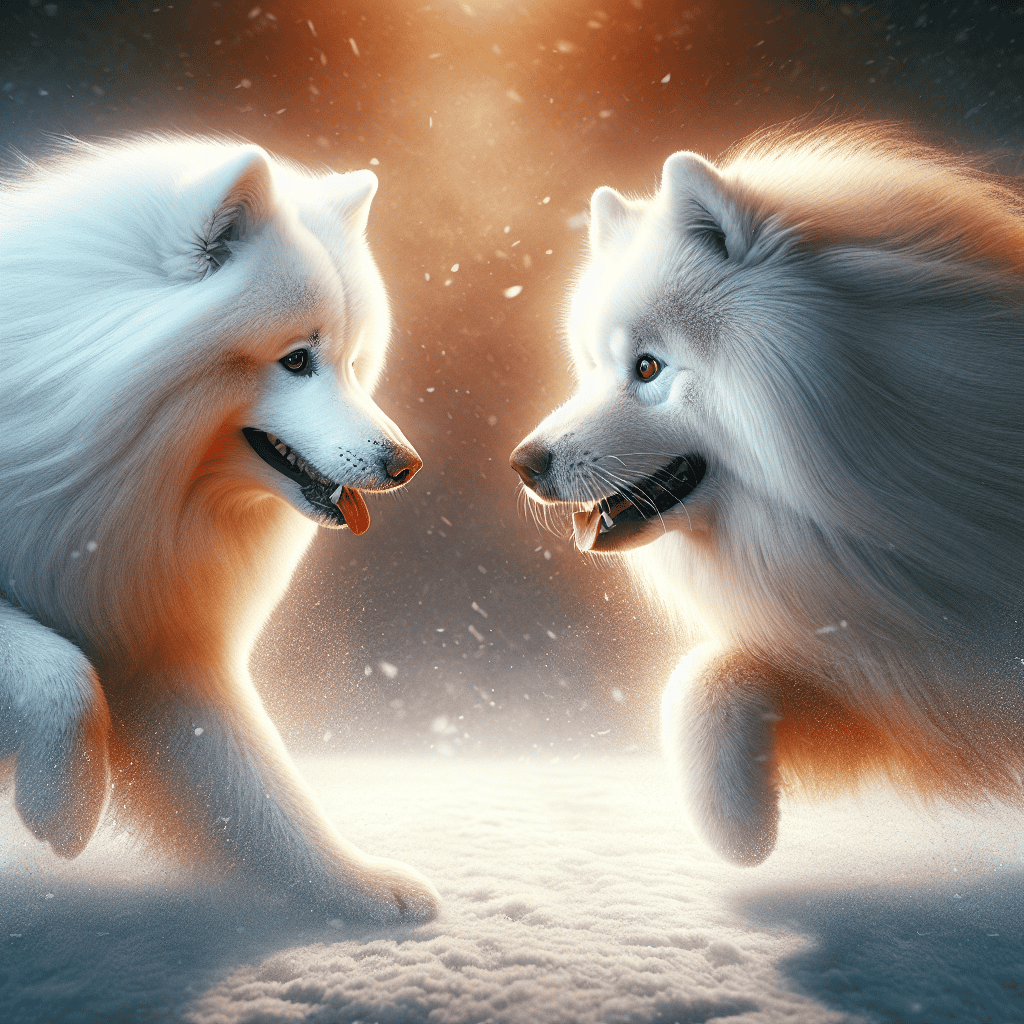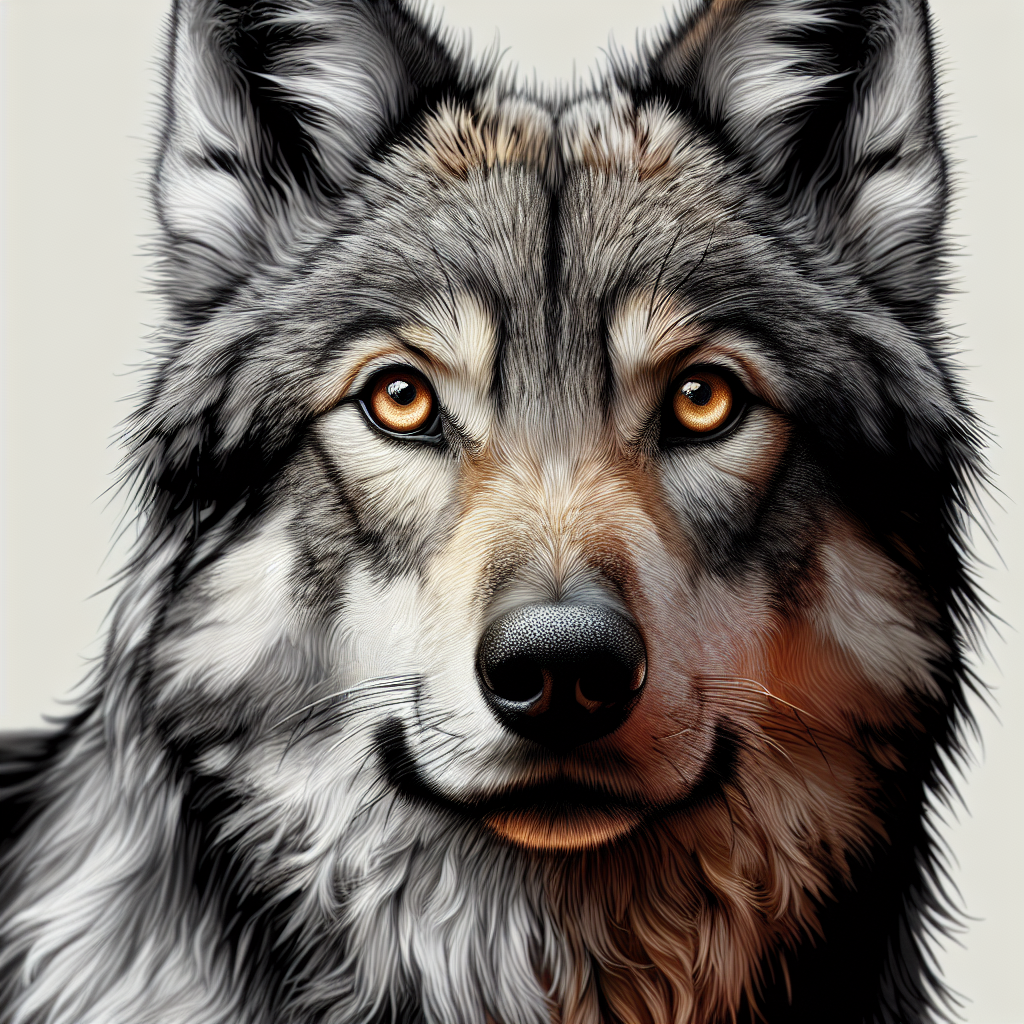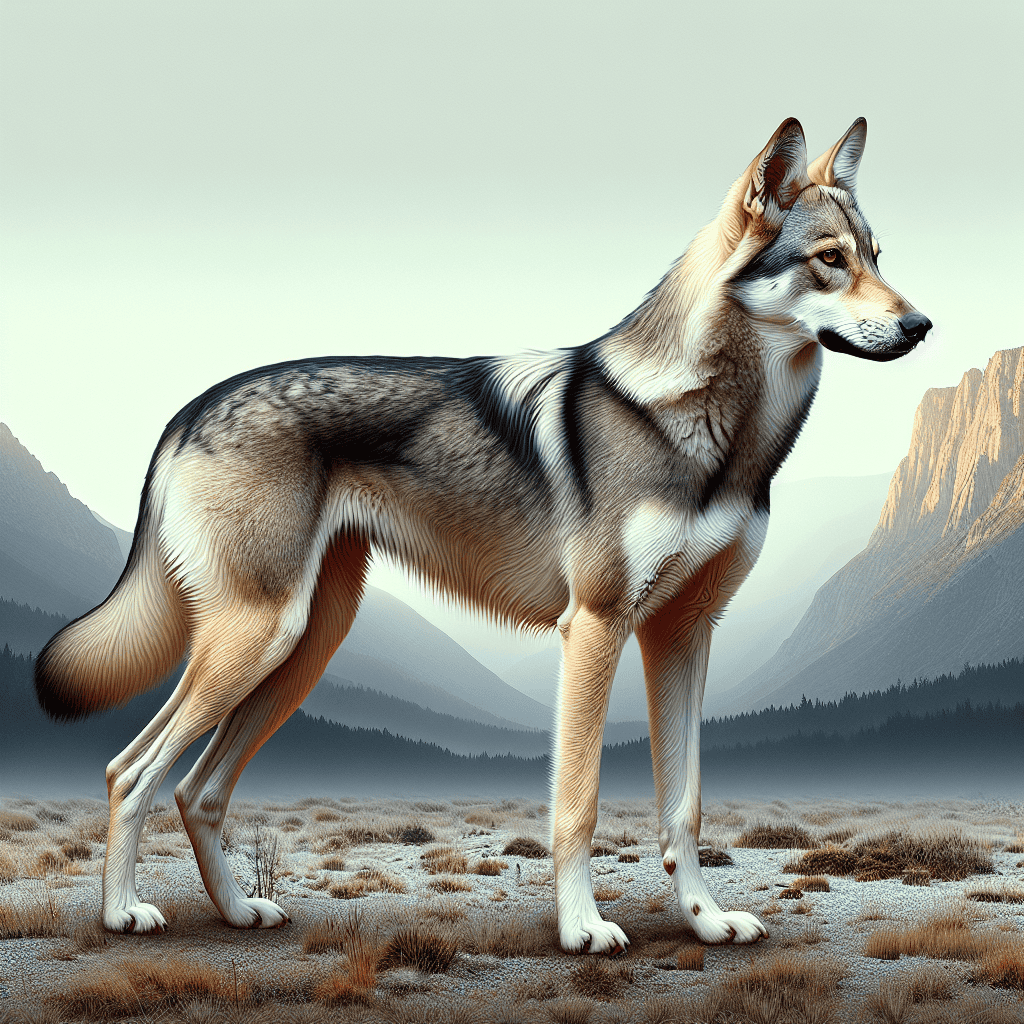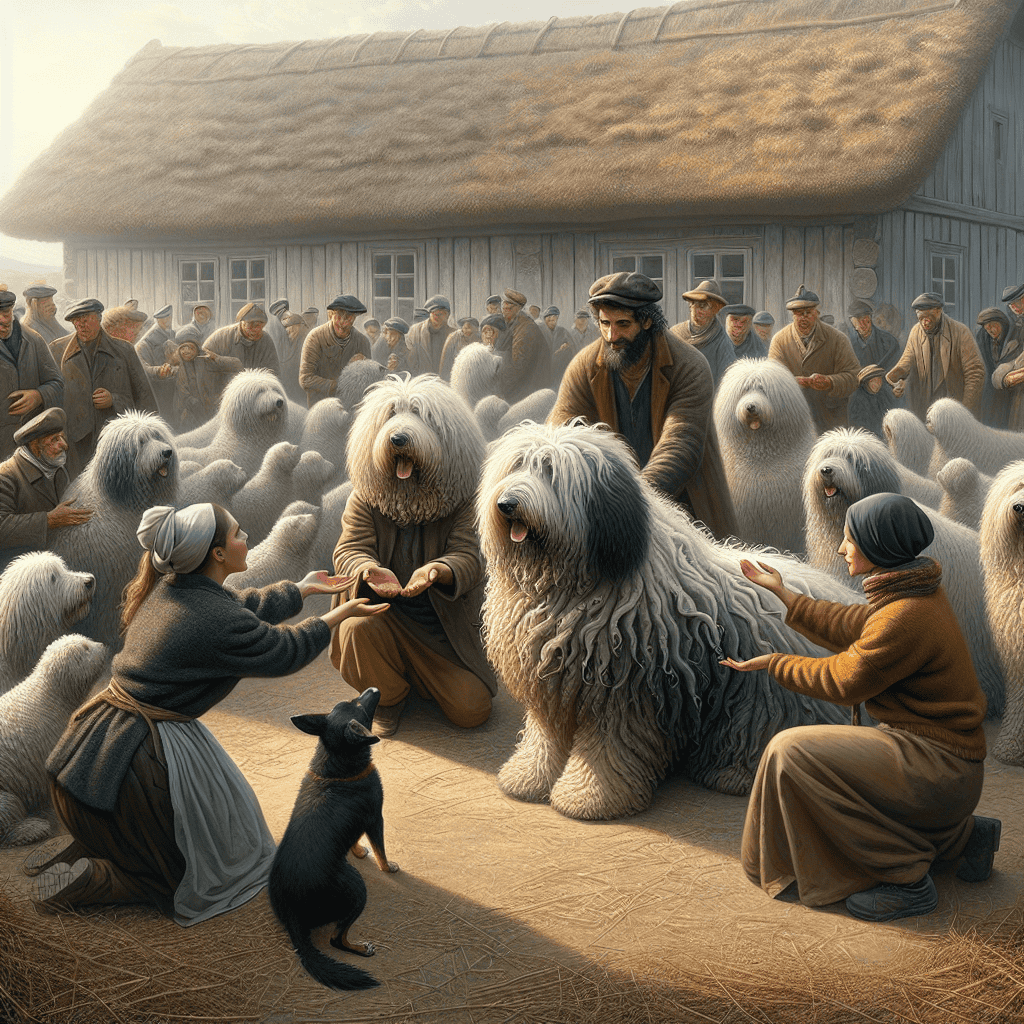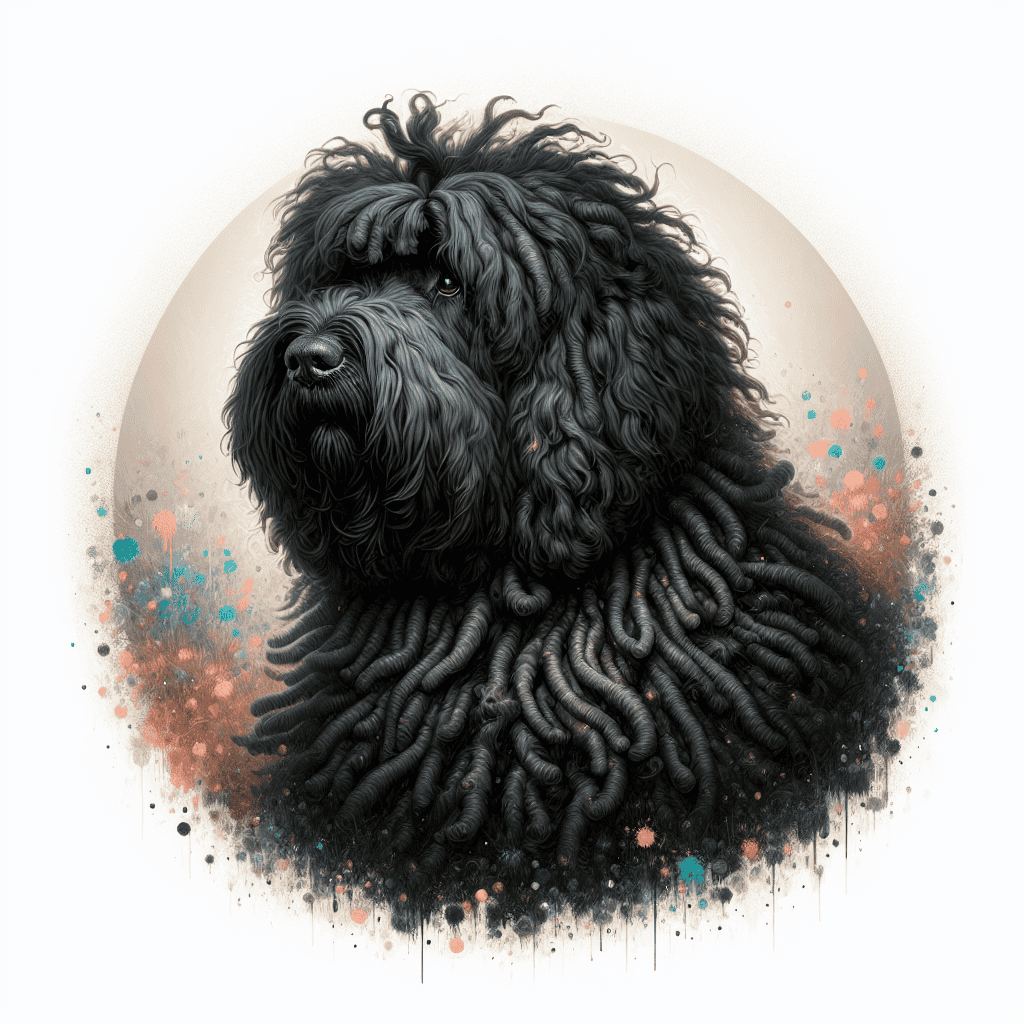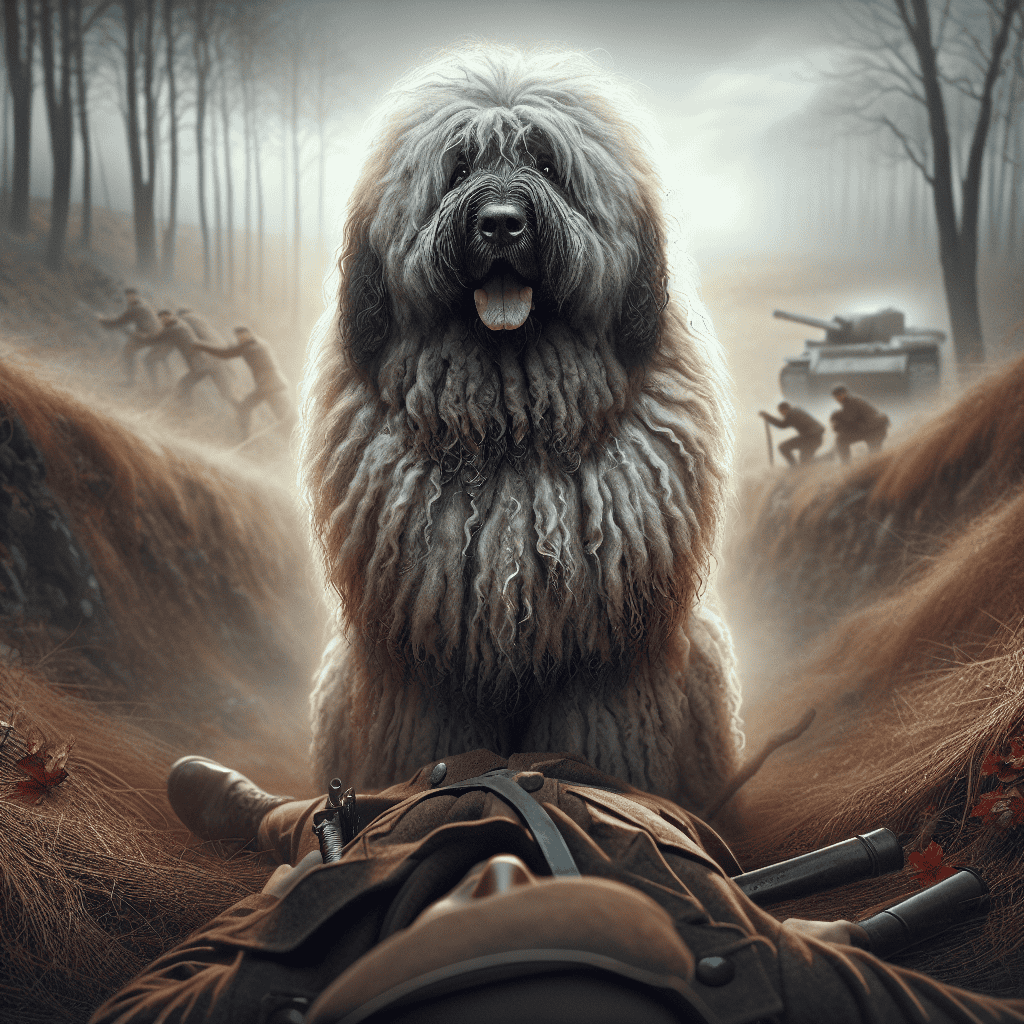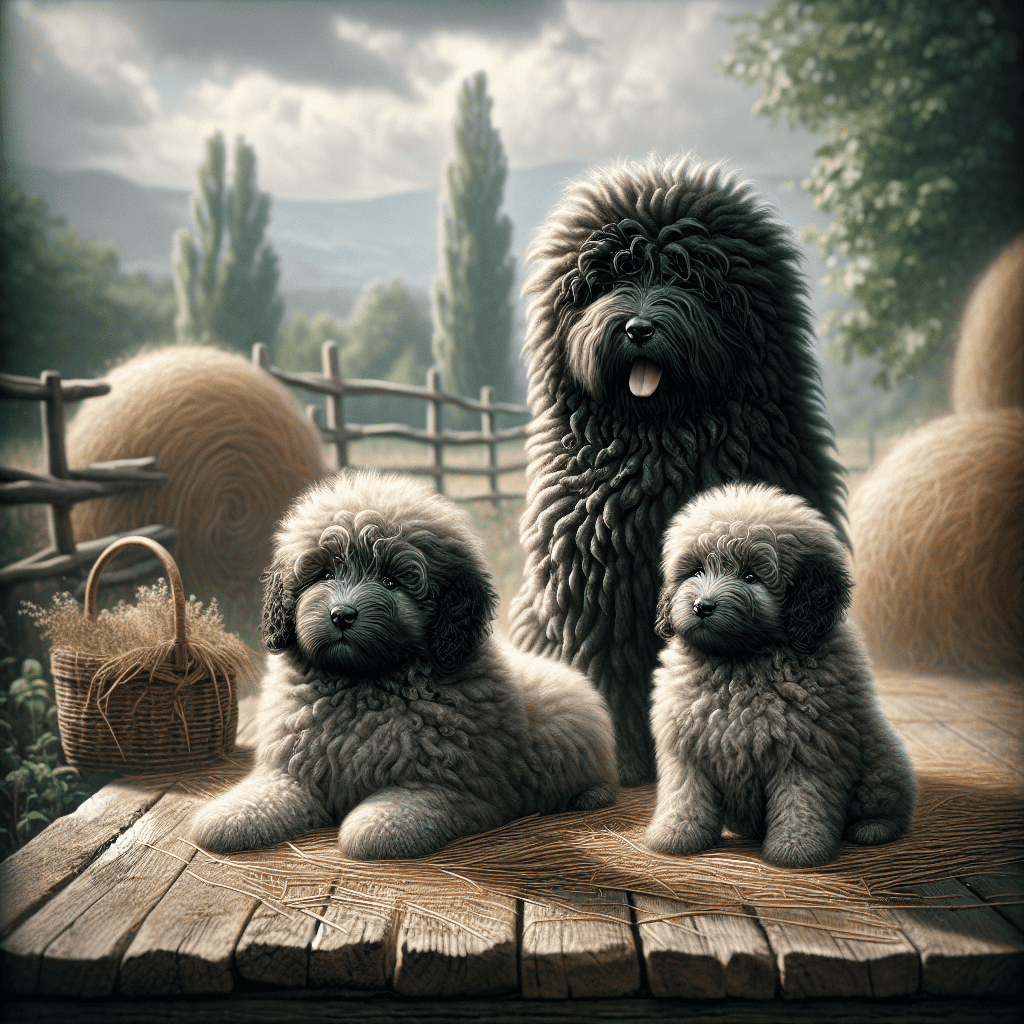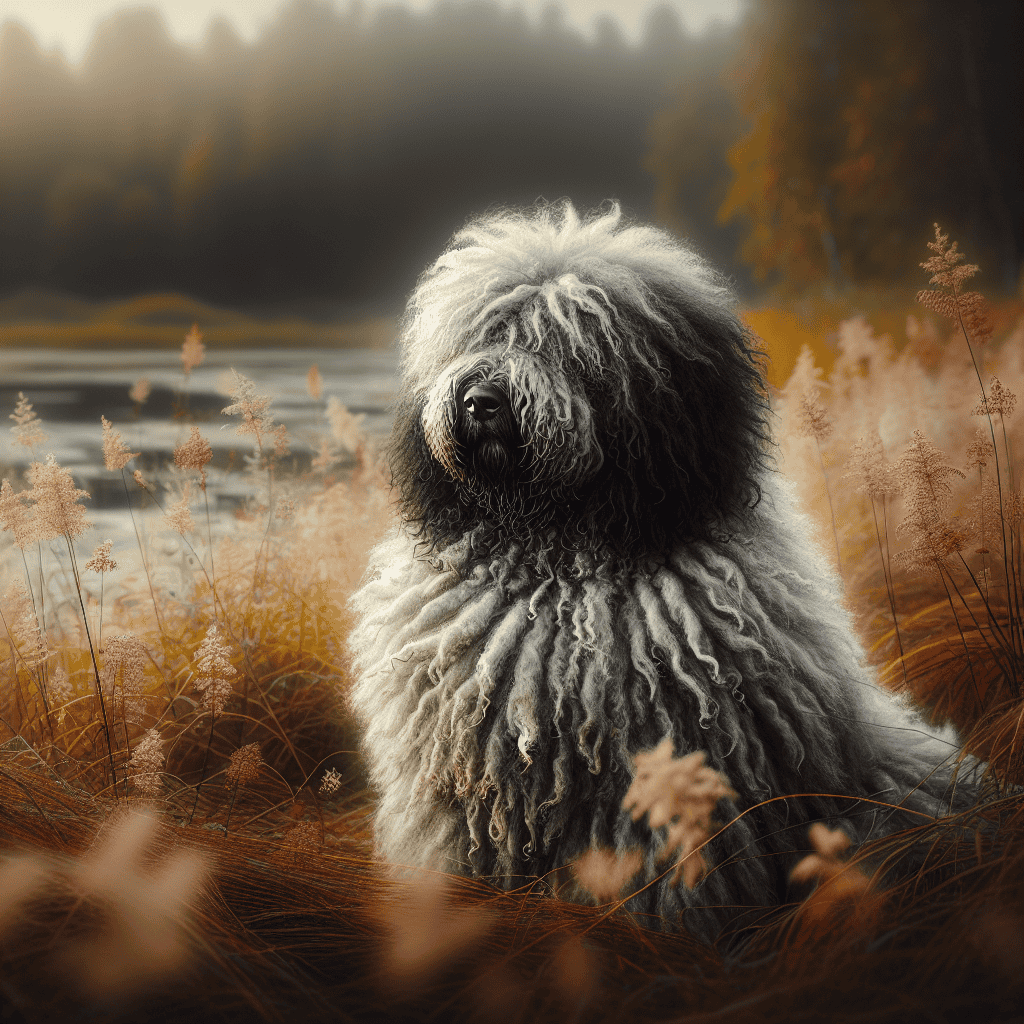Czechoslovakian Wolfdog Overview
The Czechoslovakian Wolfdog, also known as the Vlcak, is a unique and fascinating breed that has gained popularity among dog enthusiasts. In this section, we will explore the origin, history, recognition, and rarity of the Czechoslovakian Wolfdog.
Origin and History
The Czechoslovakian Wolfdog breed has a relatively recent origin. It was created in Czechoslovakia in the 1950s by crossing German Shepherds with Carpathian Wolves. The purpose behind this intentional hybridization was to develop a breed that possessed the intelligence, trainability, and physical attributes of the German Shepherd while exhibiting the striking appearance and stamina of the wolf (The Spruce Pets).
Initially, the Czechoslovakian Wolfdog breed was developed for military and guard dog purposes. However, the breeding program faced challenges, and it almost came to a halt in 1971 when the army withdrew its request for a new service dog breed due to the complexities associated with the hybrids. Nevertheless, dedicated breeders and cynologists formed the Czechoslovakian Wolfdog Club in 1982, which played a pivotal role in the breed’s recognition by the FCI (Fédération Cynologique Internationale) in 1989 and its definitive recognition in 1999.
Recognition and Rarity
The Czechoslovakian Wolfdog breed has gained recognition from various kennel clubs worldwide. It was officially recognized by the Club of Breeders in Czechoslovakia in 1982, and since then, its popularity has grown. The American Kennel Club (AKC) recognized the breed in 2011 after being recorded by the American Kennel Club Foundation Stock Service in 2001 (Wagwalking).
Despite gaining recognition, the Czechoslovakian Wolfdog remains a relatively rare breed. As of 2018, there were only around 200 Czechoslovakian Wolfdogs living in the United States, contributing to their rarity. The limited number of Czechoslovakian Wolfdogs available contributes to their higher price range, with purebred puppies costing anywhere between $2,000 and $8,000.
Understanding the origin, history, recognition, and rarity of the Czechoslovakian Wolfdog provides valuable insight into this captivating breed. In the next sections, we will delve deeper into the characteristics, care, acquisition, and responsible breeding practices associated with Czechoslovakian Wolfdogs.
Characteristics of Czechoslovakian Wolfdogs
Czechoslovakian Wolfdogs, also known as Vlcaks, possess a unique combination of physical and behavioral traits that make them an intriguing breed. Understanding these characteristics is essential for anyone considering owning a Czechoslovakian Wolfdog.
Physical Traits
The Czechoslovakian Wolfdog breed was developed in the 1950s by crossing German Shepherd dogs with Carpathian wolves, aiming to combine the qualities of both wolf and dog into one breed (Wagwalking). As a result, Czechoslovakian Wolfdogs exhibit several physical traits reminiscent of their wolf ancestors.
-
Appearance: Czechoslovakian Wolfdogs resemble wolves in various aspects, including their body shape, coat texture, and facial markings (The Spruce Pets). They have a strong, muscular build and a wolf-like appearance that distinguishes them from other dog breeds.
-
Size: Czechoslovakian Wolfdogs are a medium to large-sized breed, with males typically standing between 24 to 26 inches (60 to 65 cm) at the shoulder and weighing around 54 to 60 pounds (25 to 27 kg), while females are slightly smaller, measuring around 23 to 24 inches (58 to 60 cm) and weighing approximately 44 to 51 pounds (20 to 23 kg).
-
Coat: The coat of a Czechoslovakian Wolfdog is thick, dense, and straight. It consists of a coarse outer layer and a soft undercoat, providing protection against various weather conditions. The coloration of their coat can vary, but the most common colors are yellow-gray or silver-gray.
Behavioral Traits
Czechoslovakian Wolfdogs possess a unique set of behavioral traits that require experienced dog owners due to their wolf-like characteristics and high energy levels.
-
Temperament: These dogs are highly intelligent, loyal, and courageous. They are known for their independence and natural instincts, which can make training a challenge. Early socialization and consistent, firm training from an experienced handler are crucial to ensuring a well-behaved Czechoslovakian Wolfdog.
-
Energy and Exercise Needs: Czechoslovakian Wolfdogs have a high energy level and require regular exercise to stay physically and mentally stimulated. They thrive in environments that allow them to engage in activities that mimic their natural behaviors, such as long walks, runs, and interactive play sessions. Mental stimulation through training and puzzle toys is also important to prevent boredom.
-
Socialization: Proper socialization is essential for Czechoslovakian Wolfdogs to ensure they develop into well-adjusted and sociable dogs. Early exposure to various people, animals, and environments will help them become more comfortable and confident in different situations.
It’s important to note that Czechoslovakian Wolfdogs are still quite rare and require experienced dog owners due to their wolf-like appearance and behavior. They need dedicated training, socialization, and mental and physical stimulation to become even-tempered and satisfied companions.
When considering a Czechoslovakian Wolfdog as a pet, it is crucial to thoroughly research the breed, consult reputable breeders, and ensure that you have the time, resources, and experience to provide for their unique needs.
Care and Maintenance
Taking care of a Czechoslovakian Wolfdog involves understanding their specific grooming needs and providing them with adequate exercise to keep them happy and healthy.
Grooming Needs
When it comes to grooming, Czechoslovakian Wolfdogs are relatively low-maintenance. They have a weather-resistant coat that cleans itself to a certain extent. While they do shed all year round, the shedding is heavier twice a year. Regular brushing during these periods can help manage the shedding.
In addition to brushing, it’s important to pay attention to other grooming tasks. Regular nail trimming, ear cleaning, and teeth brushing are essential parts of their grooming routine. These tasks help maintain their overall hygiene and prevent common issues such as overgrown nails or dental problems.
Although Czechoslovakian Wolfdogs have a self-cleaning coat, they are not hypoallergenic due to their shedding. If you have allergies, it’s important to consider this factor before bringing a Czechoslovakian Wolfdog into your home.
Exercise Requirements
Czechoslovakian Wolfdogs are known for their high energy levels and require plenty of physical exercise and mental stimulation to thrive. Regular exercise is crucial for managing their energy effectively and preventing boredom-driven behaviors. Engaging them in mentally stimulating activities, alongside regular physical exercise, is essential for their overall well-being (DogTime).
The specific exercise requirements for a Czechoslovakian Wolfdog may vary depending on the individual dog’s energy level and age. As a general guideline, most high-energy dogs, including Czechoslovakian Wolfdogs, benefit from 30 to 60 minutes of physical activity every day (DogTime). This can include activities such as brisk walks, jogging, playing fetch, or participating in agility training.
It’s important to note that exercise needs may change as the dog ages. Senior Czechoslovakian Wolfdogs may require shorter and less intense exercise sessions compared to their younger counterparts. The goal is to ensure that your dog receives enough physical and mental stimulation to tire them out and keep them content.
Remember to always adhere to leash laws and local regulations when exercising your Czechoslovakian Wolfdog in public spaces. Additionally, providing them with ample opportunities for socialization and playtime with other dogs can contribute to their overall well-being.
By understanding and meeting the grooming needs and exercise requirements of a Czechoslovakian Wolfdog, you can ensure that they lead a happy and healthy life. Regular grooming and exercise not only contribute to their physical well-being but also help maintain their mental and emotional balance.
Acquiring a Czechoslovakian Wolfdog
When it comes to acquiring a Czechoslovakian Wolfdog, there are two main options to consider: working with a reputable breeder or adopting from a shelter or rescue organization.
Breeder Considerations
When looking for a Czechoslovakian Wolfdog puppy, it is crucial to conduct diligent research to find a trusted and high-quality breeder. Recommendations from veterinarians, local breed organizations, and the American Kennel Club can help identify reputable breeders. Reputable breeders prioritize the health and temperament of their dogs, ensuring that the puppies are well-socialized and raised in a nurturing environment.
A responsible breeder will conduct necessary health screenings on their breeding dogs to minimize the risk of genetic disorders in the offspring. They will also be transparent about the lineage and history of the dogs, providing you with information about the parents’ temperament and any relevant health records.
It’s important to note that purchasing a Czechoslovakian Wolfdog from a reputable breeder can be a significant financial investment. According to Wagwalking, the price for a Czechoslovakian Wolfdog can range from $2,000 to $8,000, depending on various factors such as lineage, pedigree, and the reputation of the breeder. However, choosing a reputable breeder ensures that you are getting a healthy and well-cared-for puppy.
Adoption Options
Another option to consider when acquiring a Czechoslovakian Wolfdog is adoption from a shelter or rescue organization. Adopting a dog provides a loving home to a dog in need and can be a rewarding experience. The cost of adopting a Czechoslovakian Wolfdog from a shelter or rescue may range from $100 to $500, depending on the organization. Dogs from shelters or rescues often come fully vaccinated and spayed or neutered, reducing initial costs for the owner.
When considering adoption, it’s important to research and reach out to local shelters or breed-specific rescue organizations that may have Czechoslovakian Wolfdogs available for adoption. These organizations evaluate the dogs’ temperament and health before placing them in new homes, ensuring that they are a good fit for potential adopters.
While adoption is a wonderful way to provide a home to a dog in need, it’s essential to keep in mind that Czechoslovakian Wolfdogs are a rare breed, and it may be challenging to find one available for adoption. If you decide to go the adoption route, be patient and persistent in your search.
Whether you choose to work with a reputable breeder or adopt from a shelter or rescue, it’s important to do your due diligence and ensure that you are acquiring your Czechoslovakian Wolfdog from a trustworthy source. By taking the time to find a reputable breeder or exploring adoption options, you can welcome a Czechoslovakian Wolfdog into your life and experience the joys of owning this unique and fascinating breed. For more information on adoption, you can visit our article on Czechoslovakian Wolfdog adoption.
Financial Considerations
Before bringing home a Czechoslovakian Wolfdog (Vlcak), it’s important to consider the financial aspects of owning this unique and rare breed. From initial costs to annual expenses, being prepared financially will ensure a smooth transition into responsible dog ownership.
Initial Costs
The initial cost of acquiring a Czechoslovakian Wolfdog can vary depending on several factors, including the breeder, lineage, and location. According to Wagwalking, the price for a Czechoslovakian Wolfdog can range from $2,000 to $8,000. It’s worth noting that this breed is relatively rare, especially in the United States, where there were only 200 Czechoslovakian Wolfdogs in 2018. Therefore, the availability and demand for these dogs can influence their price.
Another option to consider is adopting a Czechoslovakian Wolfdog from a shelter or rescue. The cost of adoption from a shelter or rescue organization may range from $100 to $500. Adopting from a shelter often includes benefits such as the dog being fully vaccinated and spayed or neutered, which can help reduce initial costs for the owner.
In addition to the purchase or adoption fee, there are several other initial costs to consider. These may include:
- First veterinary visit
- Vaccinations
- Flea, tick, and heartworm prevention
- Spaying or neutering
- Microchipping
Budgeting between $50 to $500 for these initial medical treatments is advisable.
Annual Expenses
Owning a Czechoslovakian Wolfdog also comes with ongoing annual expenses. It’s important to budget for these costs to ensure the well-being and care of your dog. Here are some common annual expenses associated with owning a Czechoslovakian Wolfdog:
- Dog Food: The cost of high-quality dog food can range from $200 to $700 per year, depending on the brand and dietary needs of your dog.
- Dog Toys: Providing your Czechoslovakian Wolfdog with toys for mental and physical stimulation can cost around $100 per year.
- Leashes, Collars, and Beds: Budgeting approximately $75 to $250 for leashes, collars, and beds will ensure your dog’s comfort and safety.
- Grooming: Grooming needs can vary, but budgeting between $50 to $600 per year for grooming services, such as professional grooming sessions or grooming supplies, is recommended.
- Veterinary Care: Annual veterinary care, including check-ups, vaccinations, and preventive medications, may cost between $200 to $500.
- Dog Walking, Sitting, and Boarding: If you require professional dog walking, sitting, or boarding services, budgeting between $500 to $7,000 per year is advisable.
It’s important to note that these are general estimates, and actual costs may vary depending on your location, specific needs, and individual preferences. Additionally, unexpected expenses such as emergency veterinary care, hospital stays, and surgeries can range from $1,000 to more than $10,000. Having pet health insurance or a savings account can help cover these unforeseen costs (USA Today).
By considering the initial costs and annual expenses associated with owning a Czechoslovakian Wolfdog, you can ensure that you are financially prepared to provide a comfortable and fulfilling life for your furry companion.
Responsible Breeding Practices
When it comes to selecting a Czechoslovakian Wolfdog breeder, responsible breeding practices are of utmost importance. It is essential to choose a breeder who adheres to ethical breeding standards and prioritizes the well-being of the dogs. In this section, we will explore the key aspects of responsible breeding practices, including ethical breeding standards and financial considerations.
Ethical Breeding Standards
Reputable breeders rarely breed for financial gain but instead focus on their love for a particular breed. They are dedicated to ensuring that each puppy they breed and raise goes to a loving home, preventing a surplus of dogs from being left unattended. Good breeders prefer to raise the puppies themselves and carefully select the individuals who will provide them with a loving home. This is in contrast to puppy mills, which often supply retail stores and neglect the well-being of the dogs (iHeartDogs).
Another hallmark of responsible breeders is their focus on a specific breed or, at most, a couple of related breeds. If a breeder offers a wide range of breeds or mixes, it may be an indication of a puppy mill. Properly caring for a large number of dogs simultaneously is not feasible for one breeder, and it compromises the individual attention and care each dog deserves.
Meeting the parents of the puppies is an essential aspect of responsible breeding. If a breeder refuses to let you meet the parents, it is best to walk away. The parents’ temperament, health, and overall characteristics play a significant role in determining the future traits of the puppies. Breeders who make excuses for not showing the parents may not have bred the puppies themselves, which raises concerns about the source and quality of the dogs (iHeartDogs).
Financial Aspects
Responsible breeders invest considerable time, effort, and resources into breeding and raising healthy and well-socialized puppies. This includes providing appropriate veterinary care, proper nutrition, and necessary vaccinations. As a result, the cost of acquiring a puppy from a responsible breeder may be higher compared to other sources. However, the extra expense is justified by the assurance of a well-bred and properly cared-for puppy.
It is important to note that responsible breeders prioritize the welfare of their dogs over financial gain. They do not engage in mass production or supply puppies to retail stores. Instead, they carefully select potential owners to ensure a suitable and loving home for each puppy. By supporting responsible breeders, you contribute to the continued betterment of the breed and the well-being of the dogs.
If adopting a Czechoslovakian Wolfdog is your preference, there are also adoption options available. Some individuals or families may find joy in providing a loving home to a dog in need. Adoption offers the opportunity to give a second chance to a dog that may have had a difficult past. However, it is crucial to ensure that the adoption process follows responsible practices and the well-being of the dog remains the top priority. For more information on Czechoslovakian Wolfdog adoption, visit our article on czechoslovakian wolfdog adoption.
By understanding and supporting responsible breeding practices, you can be confident in acquiring a Czechoslovakian Wolfdog from a reputable source. The commitment of responsible breeders to the health, temperament, and overall well-being of the dogs ensures that you will have a loyal and well-adjusted companion for years to come.






